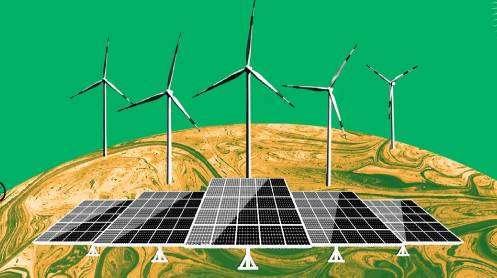The Tracking SDG 7: The Energy Progress Report 2025 reveals that global electricity access has reached nearly 92%, marking a significant milestone. Yet, over 666 million people—mostly in remote, low-income regions—still live without basic electricity, making the goal of universal access by 2030 unlikely without urgent action.
The report, released by key international agencies including IRENA, IEA, World Bank, UNSD, and WHO, highlights decentralised renewable energy—like mini-grids and off-grid solar systems—as a cost-effective, scalable solution to connect underserved populations. These systems are crucial not only for electricity but also for addressing the growing clean cooking crisis, with 2.1 billion people still relying on polluting fuels like firewood and charcoal.
While international public finance for clean energy in developing countries rose to USD 21.6 billion in 2023—a 27% increase from 2022—this remains below the 2016 peak and is unevenly distributed. Sub-Saharan Africa, home to 85% of those without electricity and four in five families without clean cooking, continues to lag far behind in renewable deployment, with just 40 watts per capita compared to over 1,100 in developed countries.
Francesco La Camera, Director-General of IRENA, stressed the urgency: “Despite record renewable growth, major financing and infrastructure gaps persist. We must enhance international cooperation and scale up impact-driven financing tailored to the needs of the most vulnerable regions.”
Key findings:
- Central and Southern Asia saw the most progress, shrinking their access gap to just 27 million people.
- Clean cooking access remains stagnant; at current trends, only 78% of the global population will have clean cooking access by 2030.
- Global renewable energy share in total energy use rose to 17.9%, with installed capacity in developing nations reaching 341 watts per capita.
- Global energy efficiency improved slightly in 2022, with energy intensity declining by 2.1%, still below the 4% annual target needed.
The report urges reforms in multilateral and bilateral financing systems, increased concessional finance, and risk mitigation tools to address disparities and accelerate progress. It will be presented to global leaders at the High-Level Political Forum on Sustainable Development in New York on July 16, 2025.
Download the full report: https://trackingsdg7.esmap.org/







